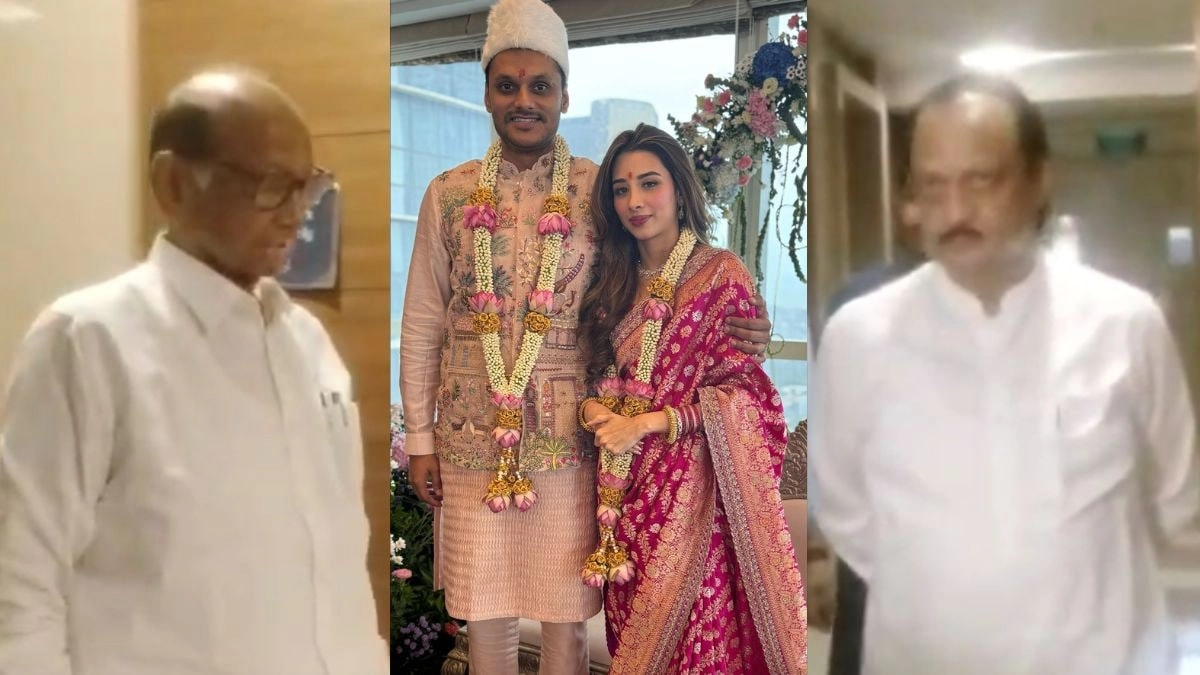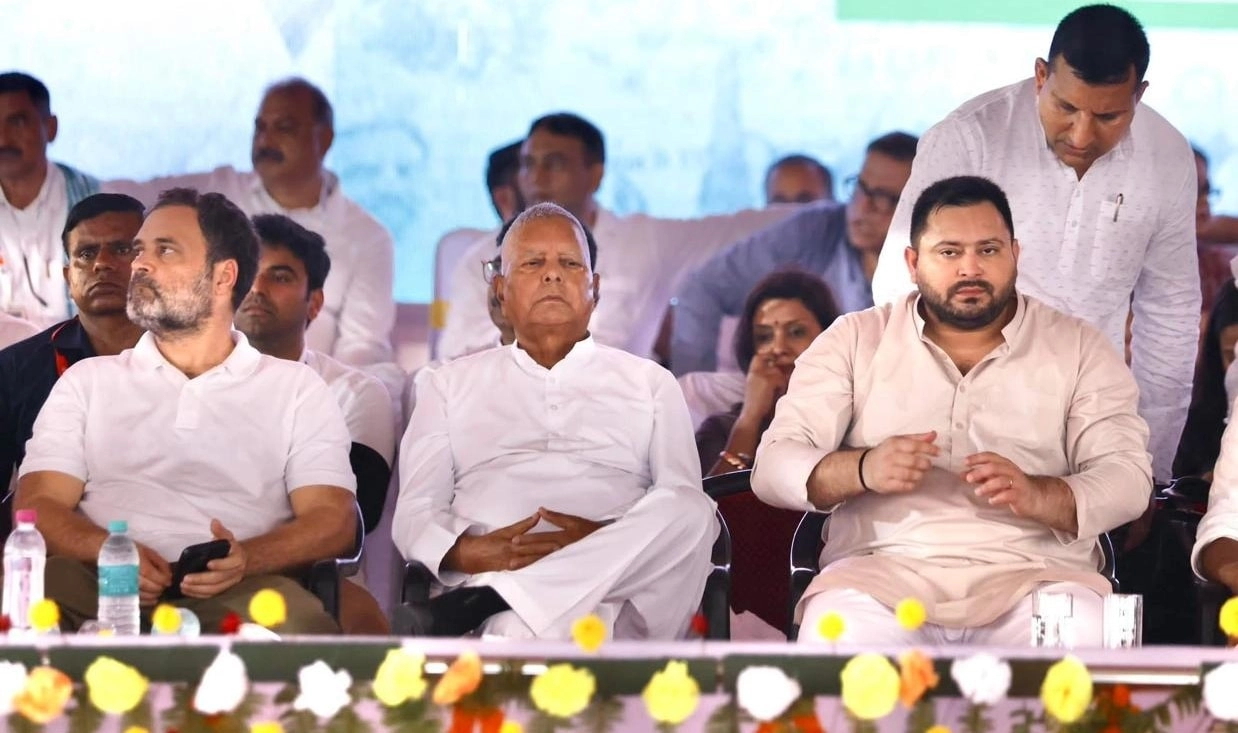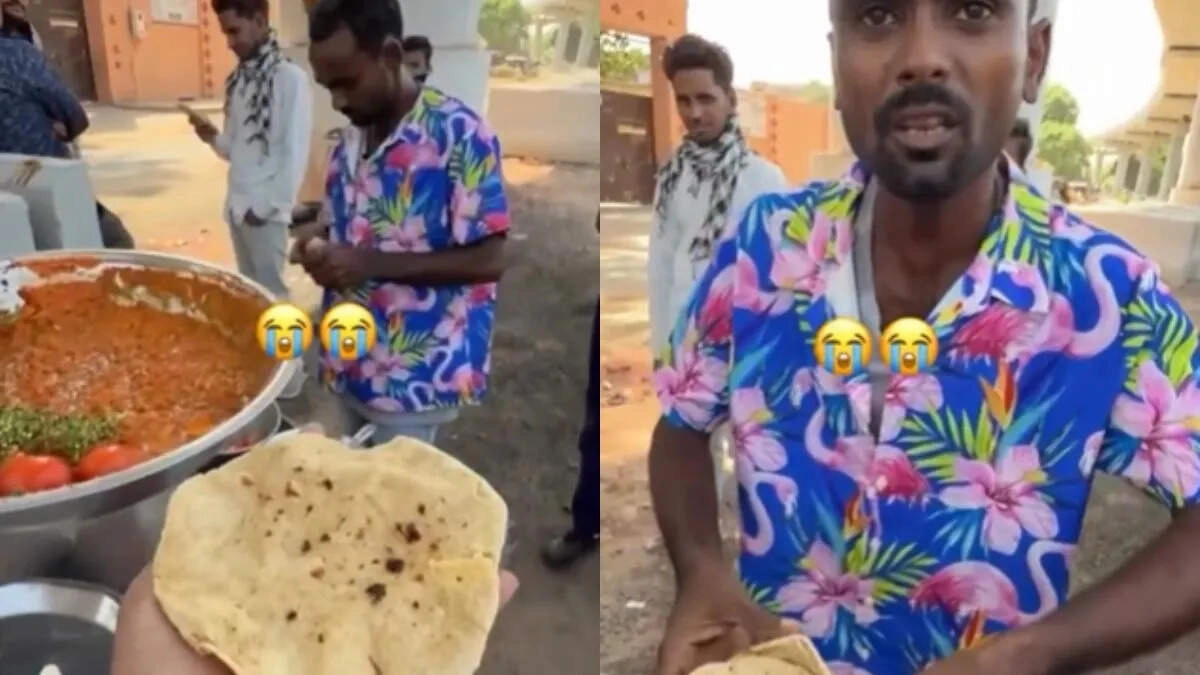In a remarkable display of unity amidst political differences, the Pawar family recently gathered for a significant family event that transcended the usual partisan divides. Known for their prominent roles in Maharashtra’s political landscape, the Pawars have often found themselves on opposing sides of the political spectrum, particularly with the contrasting ideologies represented by various factions within the family. However, this event served as a reminder that familial bonds can sometimes outweigh political affiliations, allowing for a moment of togetherness that resonated with attendees and observers alike.
The gathering was marked by a spirit of camaraderie, as family members put aside their political ambitions and rivalries to celebrate their shared heritage. This event not only highlighted the importance of family ties but also provided a platform for the Pawars to reconnect on a personal level. It was an opportunity for them to reminisce about their shared history and values, reinforcing the idea that, despite their differences in political ideology, they remain united in their commitment to family. Such events are crucial in reminding political figures and their supporters that, at the core of their identities, they are still individuals bound by familial love and respect.
Moreover, this gathering offered a refreshing perspective on the often contentious world of politics, where personal relationships are frequently overshadowed by ideological battles. The Pawars’ ability to come together, even amidst their differing views, sends a powerful message about the importance of dialogue and understanding, especially in today’s divisive political climate. It serves as a reminder that while political disagreements may be inevitable, they do not have to erode the fundamental connections that bind people together.
As the Pawar family celebrated their unity, they also set an example for others in the political arena, showing that it is possible to maintain personal relationships even when faced with ideological differences. This event could pave the way for more collaborative efforts in politics, encouraging leaders to prioritize dialogue over division. Ultimately, the Pawars’ gathering was not just a family reunion; it was a symbolic gesture of hope, demonstrating that love and unity can prevail, even in a landscape marked by contention and rivalry.




